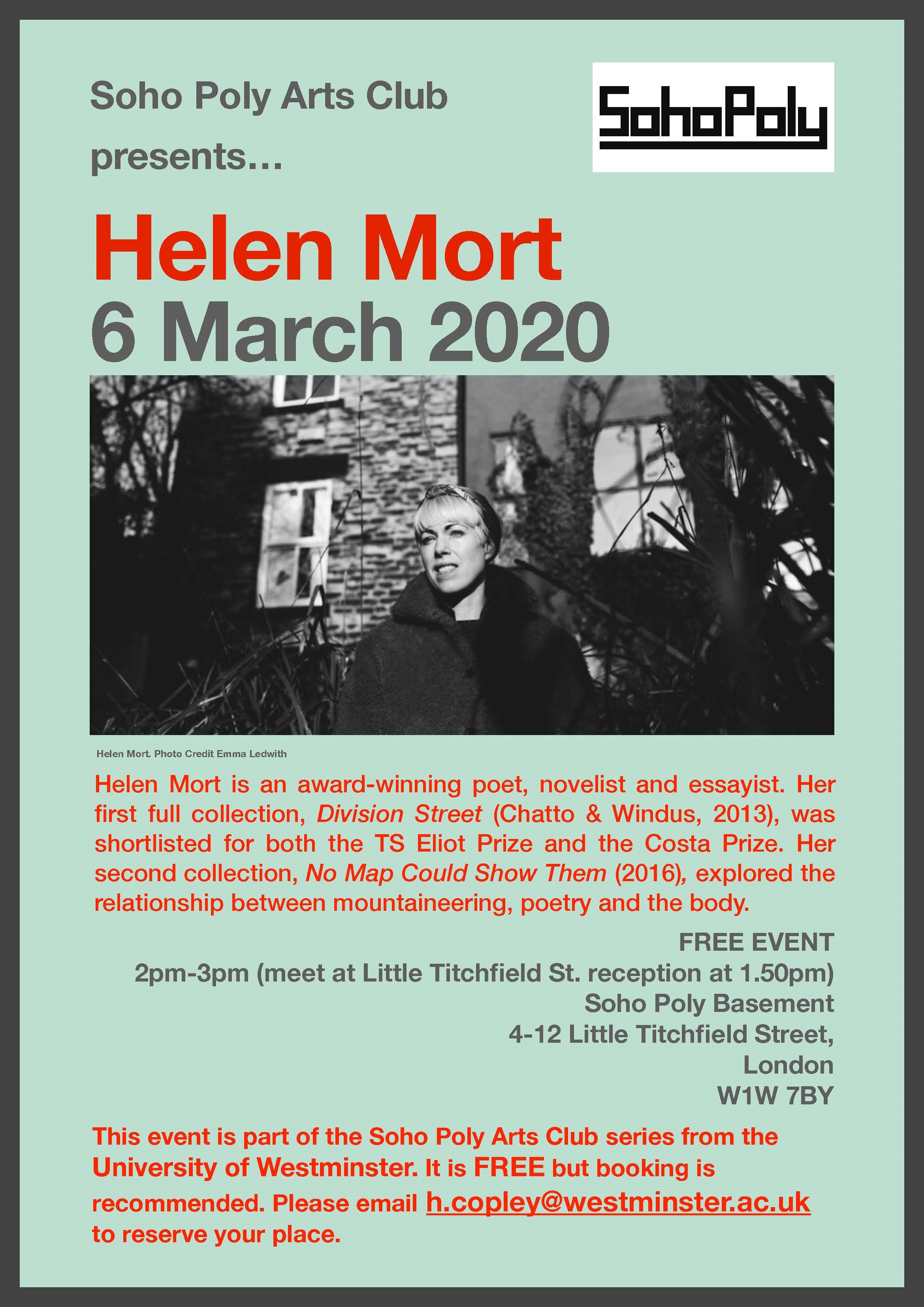Posts from February 2020
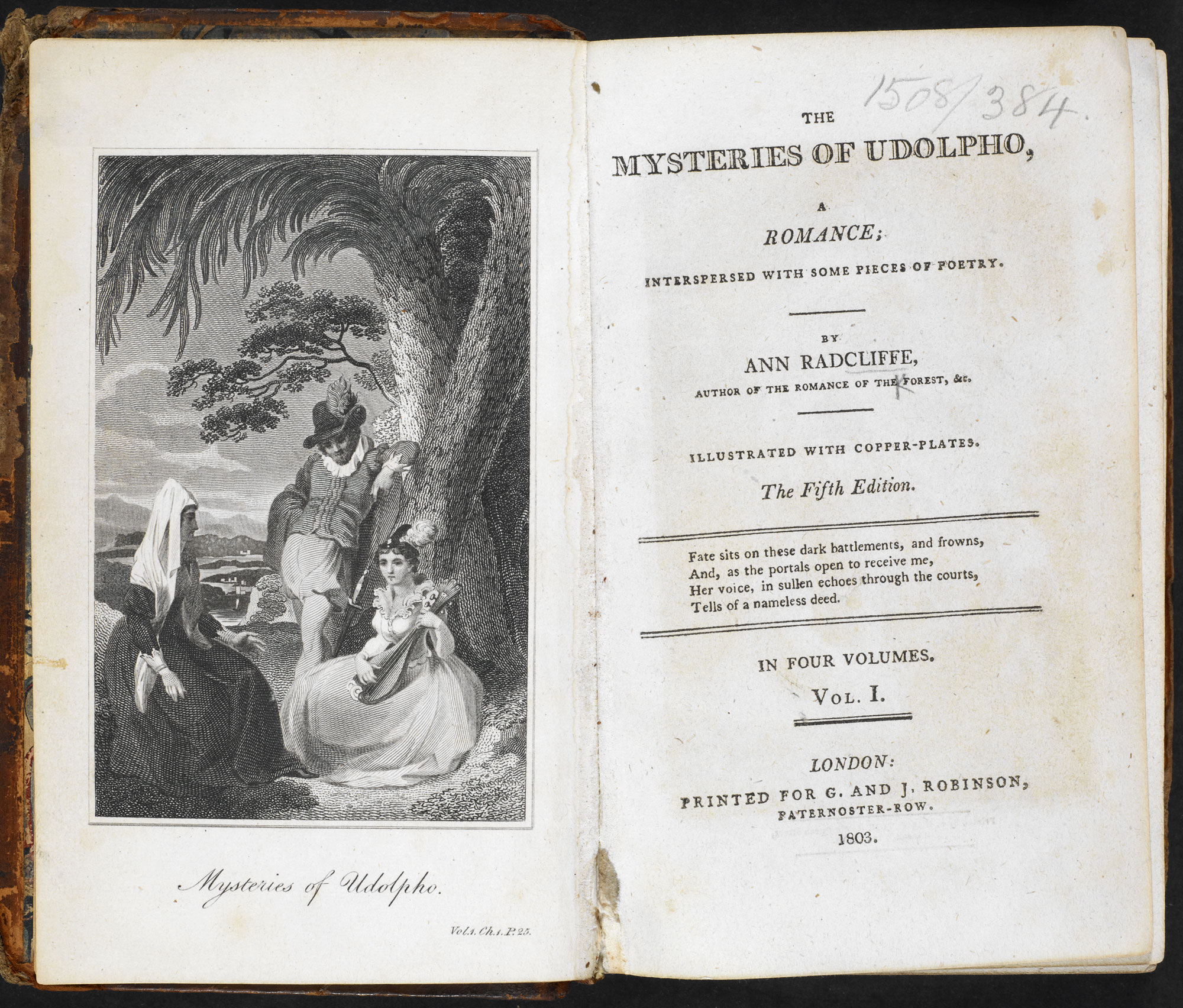
Wednesday 19th February, 5.00-7.00 pm
UG04, University of Westminster, 309 Regent Street, London W1B 2HW
Gothic Sounds of the 1790s
Emma McEvoy (University of Westminster)
Gothic novels of the 1790s tend to be noisy affairs, filled with references to sounds and music. They are punctuated by echoing footsteps, thunder and distant screams. Heroines play the lyre and harp, monks chant, peasants pipe and dance, heroes might even serenade (though this turns out to be a morally suspect practice). This unprecedented attention to sound stems from the Gothic novel’s close relationship to theatre. In this paper, Emma McEvoy will argue that we need to learn to hear the Gothic novels of the 1790s. She will look at the part played by music and sound in a number of works of the period and identify the influential, but contrasting, approaches to sound in the novels of Ann Radcliffe and Matthew Lewis. Whereas Radcliffe constructs something that might be said to resemble a soundscape, Lewis’s novel structures itself through a soundtrack. Finally, in an attempt to recover the lost aural dimension of these texts, Emma will bring along excerpts from the Gothic musical theatre of the period to listen to. Expect to hear works by Thomas Busby, Lewis’s collaborator, the Irish tenor Michael Kelly, and Lewis himself.
Emma McEvoy is Senior Lecturer in English Literature at the University of Westminster. She is author of Gothic Tourism (Palgrave 2015) and co-editor (with Catherine Spooner) of the Routledge Companion to Gothic (2007). She also wrote the introduction and notes for the Oxford World Classics edition of Matthew Lewis’s The Monk.
All welcome, but guests from outside Westminster should RSVP Frankie Hines: frankie.hines@my.westminster.ac.uk OR Baptiste Danel: baptiste.danel@my.westminster.ac.uk
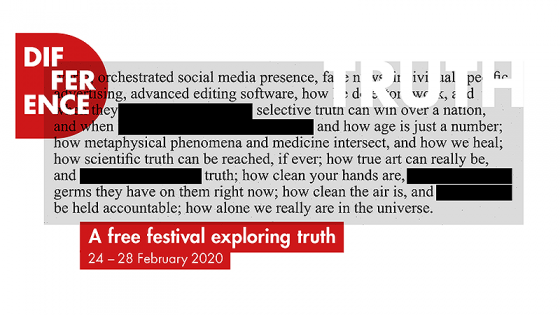
Thursday 27 February 2020, 18.00 – 20.00 pm
Fyvie Hall, University of Westminster, 309 Regent Street, London W1B 2HW
Sink Without Trace: Investigating the Truth about Migrant Deaths at Sea
Part of the University of Westminster’s annual Difference Festival, this roundtable discussion will consider the misreporting of the deaths that have been occurring amongst migrants attempting to cross the Mediterranean Sea towards Europe by media and governments, the widespread use of misleading statistics and the lack of regulation relating to the recovery and identification of migrant’s bodies. This will be the first in a series of discussions aimed at creating a document of agreed truths on the subject of migrant deaths at sea. Leading experts from NGO’s, media organisations and government bodies will be invited to investigate the myths surrounding the subject and to discuss possible solutions.
Speakers include, Marchu Girma (Women for Refugee Women), Laura Padoan (External Relations Officer, UNHCR), Lorenzo Pezzani (Forensic Oceanography, Goldsmiths), Maurice Stierl (Watch the Med, Alarm Phone and University of Warwick), Daniel Trilling (Journalist, The Guardian).
The event will be followed by a drinks reception. Book your free tickets here.
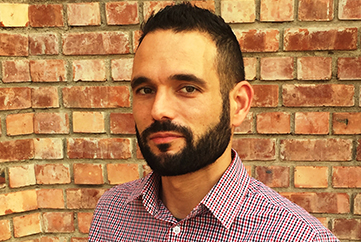
Thursday 13th February 2020, 5.30-7.00 pm
Fyvie Hall, University of Westminster, 309 Regent Street, London W1B 2HW
How gays almost became French: Republican homophobia, queer banalisation, and the limits of sexual nationalism
Sébastien Chauvin (University of Lausanne)
Sébastien Chauvin is an associate professor at the Social Sciences Institute (ISS) of the University of Lausanne (Switzerland), where he is also the co-director of the Centre for Gender Studies (CEG). He previously taught at the University of Amsterdam, Paris 1-Panthéon Sorbonne University and the University of Chicago. His many publications include (with Arnaud Lerch) Sociology of Homosexuality, and, in English, contributions to Public Culture and Work, Employment and Society.
Part of the series French Politics: A Neighbour’s ‘History of the Present’, co-organised by the IMCC in collaboration with our friends in the Centre for the Study of Democracy, and with the support of the French Embassy and the Political Studies Association.
Free to attend, but booking via eventbrite is essential.

Thursday 13 February 2020, 5.00-6.00 pm
Room 501, 309 Regent Street, London W1B 2UW
Fundubbing: From Traditions to Convergence Culture
Dr Rocio Banos Pinero (UCL)
Organised by our colleagues in Modern Languages, the aim of this presentation is to delve into the phenomenon of fundubbing by investigating its origins and situating it in its current context. Fundubbing is here understood as the practice of replacing the original dialogue track of an audiovisual text with another track containing a mostly new script created with humoristic purposes. Although this practice is often associated with online media and current technical developments, this paper will show fundubbing as an old innovation, used in the past to entertain audiences, but also as a form of subversion and a political act. The goal is thus to provide an overview of this cultural phenomenon, from its origins in the 1930s and 1940s, often involving the dubbing of relinquished audiovisual texts (e.g. silent movies or audiovisual material produced within cultures afar), to the current times, where virtually any user with basic technical knowledge can manipulate audiovisual content (adding subtitles or an audio track, for instance) and upload it online to be shared with the rest of the world. By doing so, this paper reflects on how dubbing has been used as a site of experimentation and innovation, as well as an ideological tool, across time and space, from traditions to convergence culture.
Chaired by Lindsay Bywood
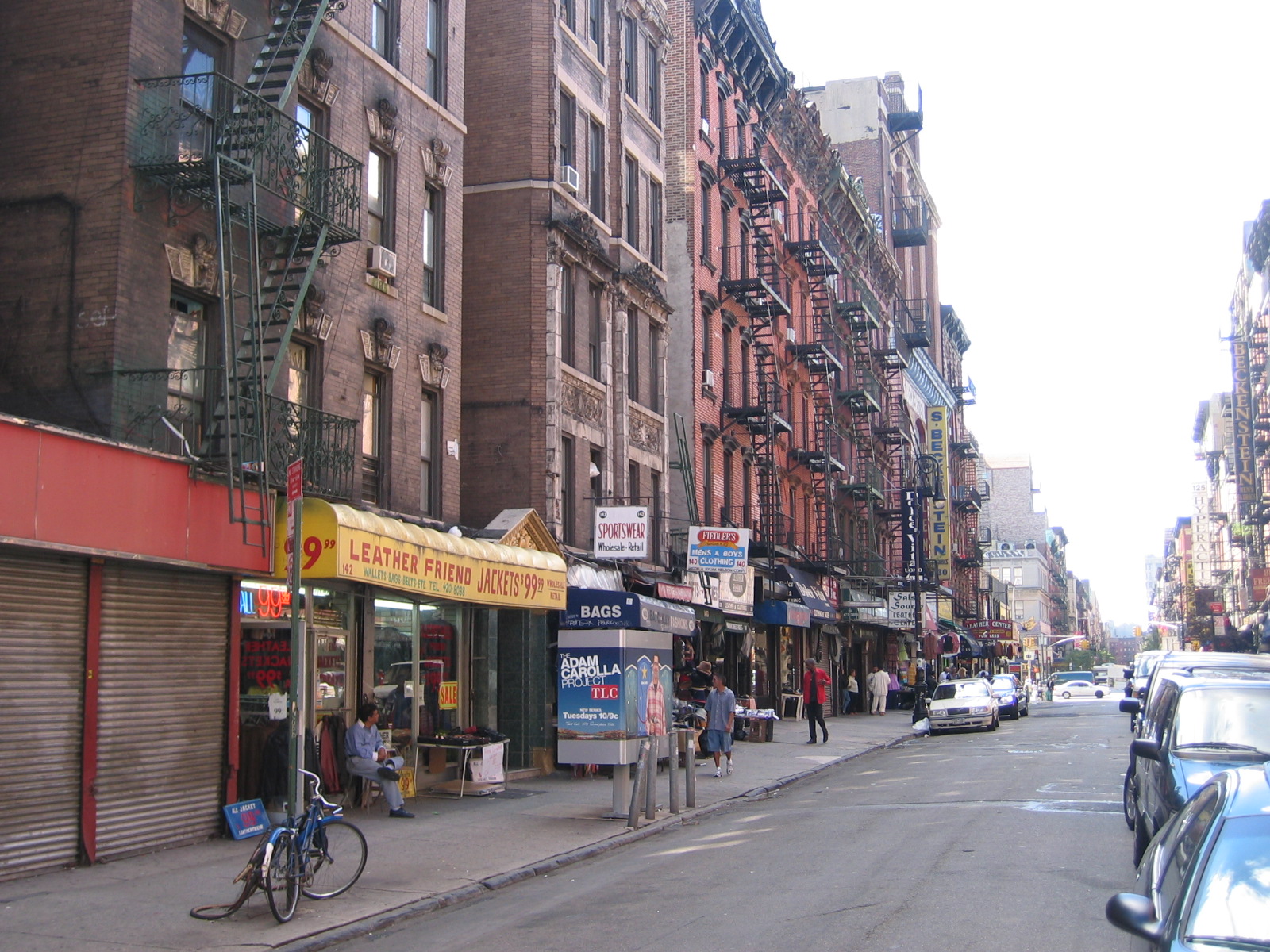
Wednesday 5th February, 5.00-7.00 pm
UG04, University of Westminster, 309 Regent Street, London W1B 2HW
‘A fragile system, easy to subvert’: Homes and Homelessness in NYC Poetry
Rona Cran (University of Birmingham)
This talk emerges from research into how poets dwell creatively in new York, into how they dwell politically, and into what is means to dwell queerly, to offer alternative modes of being/dwelling/thinking in New York, alternative models of private space, and, beyond that, alternative models of the history of New York. Laurent Berlant and Elizabeth Freeman, in Michael Warner’s Fear of a Queer Planet, reveal the ways in which AIDS activist art collective Gran Fury ‘transform[ed] the passive public space of New York into a zone of political pedagogy’. Following them, this talk will explore the presentation of housing, homes and homelessness in the poetry of four queer New York poets – Langston Hughes, James Schuyler, Audre Lorde and Eileen Myles – in order to think about the ways in which they transform the city’s private spaces into similar zones of political pedagogy, reframing the idea of home and of what it means to be rooted, un-rooted and sometimes uprooted.
Rona Cran is Lecturer in Twentieth-Century American Literature and Co-Director of the American and Canadian Studies Centre at the University of Birmingham. Her first book was entitled Collage in Twentieth-Century Art, Literature, and Culture: Joseph Cornell, William Burroughs, Frank O’Hara, and Bob Dylan (Ashgate, 2014), exploring the influence of Europe’s artist-émigrés on New York City culture from 1912 onwards. She is currently writing her second monograph, Multiple Voices: New York City Poetry, 1950-1995, which combines close reading, creative writing and archival research to explore the relationship between poetry and the urban, political and social changes that the city underwent during this time, arguing that socially-situated poetry offers particular sites of resistance.
All welcome, but guests from outside Westminster should RSVP Frankie Hines: frankie.hines@my.westminster.ac.uk OR Baptiste Danel: baptiste.danel@my.westminster.ac.uk


The Institute for Modern and Contemporary Culture
University of Westminster Department of English, Linguistics and Cultural Studies
32-38 Wells Street, London W1T 3UW. United Kingdom.

